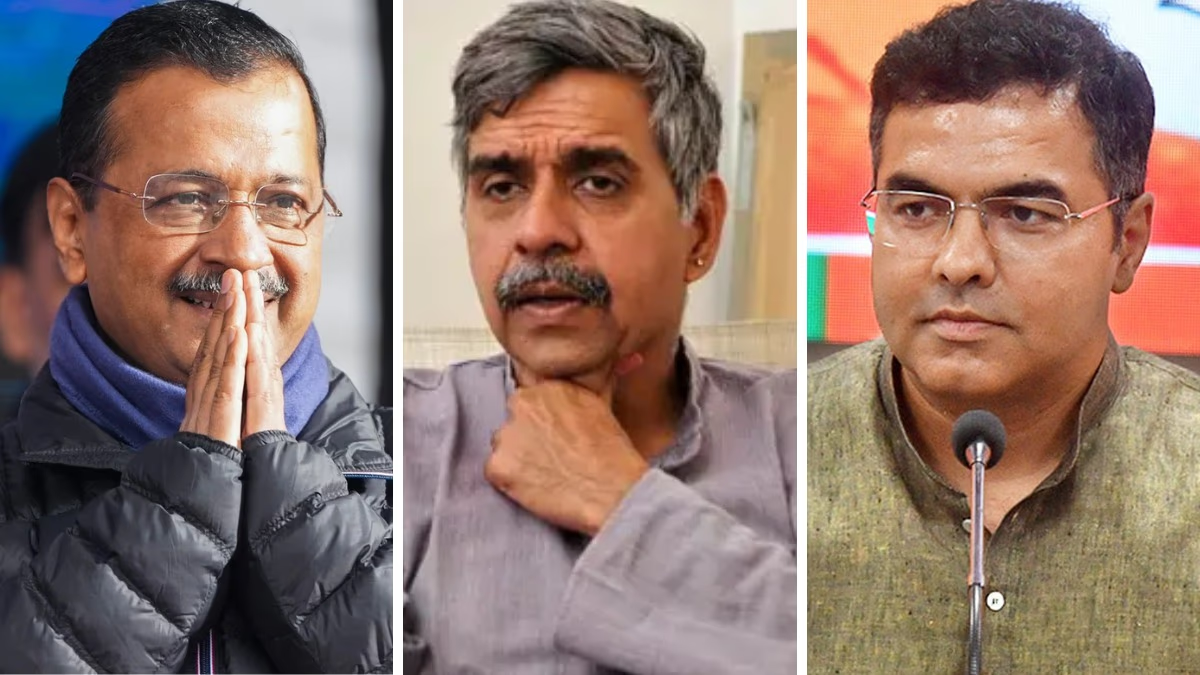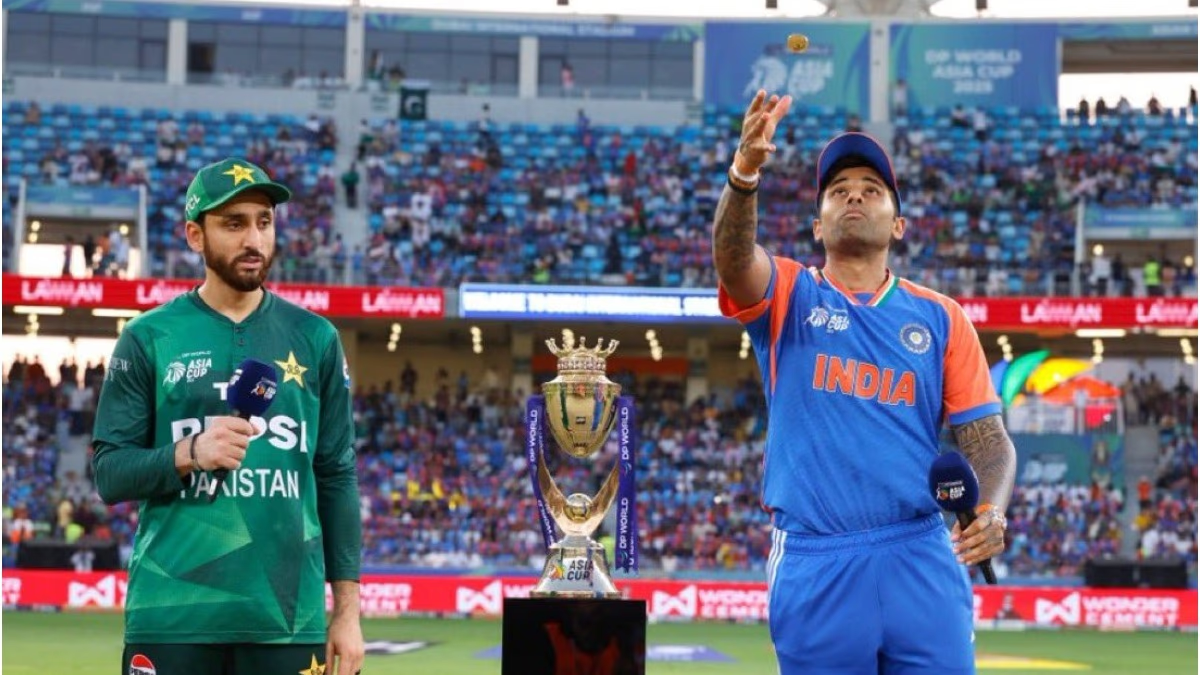The political temperature is soaring in Delhi as elections are set for February 5th. Under Arvind Kejriwal, the Aam Aadmi Party (AAP) has reigned for a decade, but this time, a triangular contest on most of the 70 seats poses a significant challenge to Kejriwal and his party.
Since 1998, the BJP has been out of power in Delhi and is ardently trying to regain control of the national capital. However, the party has been struggling for the past 27 years to establish its dominance in the city's political arena.
In this battle, Congress holds the third position. The party lost power to Kejriwal in 2013 and has been striving to remain relevant in Delhi's politics. Congress is working hard to reclaim its lost ground in this election.
Achievements and Challenges of AAP
For the past decade, the Aam Aadmi Party has been in power. Its education and healthcare initiatives, coupled with free electricity and water, have worked wonders in the last two elections, securing 67 and then 62 seats, respectively. Free bus rides for women have also bolstered the party's support among Delhi's voters. This time, the party promises to provide all eligible women voters with Rs. 2,100 per month if re-elected. Since Arvind Kejriwal has previously delivered on promises, trust remains strong among voters, especially women.
However, the party faces its toughest battle yet. Both BJP and Congress have made similar promises, which erodes AAP’s uniqueness in offering freebies. The party is also challenged by a strong sentiment against the ruling government, particularly concerning development projects. Many voters are dissatisfied with issues like polluted water and poor road conditions. Additionally, several AAP leaders face corruption charges, presenting severe challenges when combined with anti-incumbency and aggressive opposition promises.
BJP Expands Reach But Lacks a Face to Match Kejriwal
The BJP is contesting this election not just on its strengths but by targeting AAP's strongholds. Areas like slums and unauthorized colonies, which were once AAP's bastions, are now seeing BJP's presence through its party workers and affiliate organizations. The BJP accuses the AAP government of failing to provide basic amenities like drinking water and proper roads to its core voters.
While the BJP has made significant inroads across various voter groups, it lacks a credible face to challenge AAP's Arvind Kejriwal. Despite fielding several senior leaders in various constituencies, none have been put forth as a chief ministerial candidate. Insiders believe factionalism within the state unit remains a major concern, contributing to the party's repeated failures to clinch Delhi. Additionally, candidates in several constituencies are not seen as strong contenders.
Congress Struggles for Comeback, But Why?
After failing to win even a single seat in the last two elections, Congress is now in a tough battle for survival. Its leaders and candidates are working hard to reclaim votes, especially in minority and Dalit areas, and are gaining some support. The party is focusing on around two dozen seats and is aggressively campaigning using its national and regional leaders to garner substantial support in these constituencies.
Despite its efforts, the Congress still struggles to convince voters that it can be a viable alternative to AAP and BJP. Even party supporters admit that while it may improve its performance—recording significant growth from a mere 4.5 percent vote share in the last election—winning seats remains an entirely different challenge. Confidence among voters, supporters, and even several candidates remains lacking, posing a threat to the party's prospects in this election.




